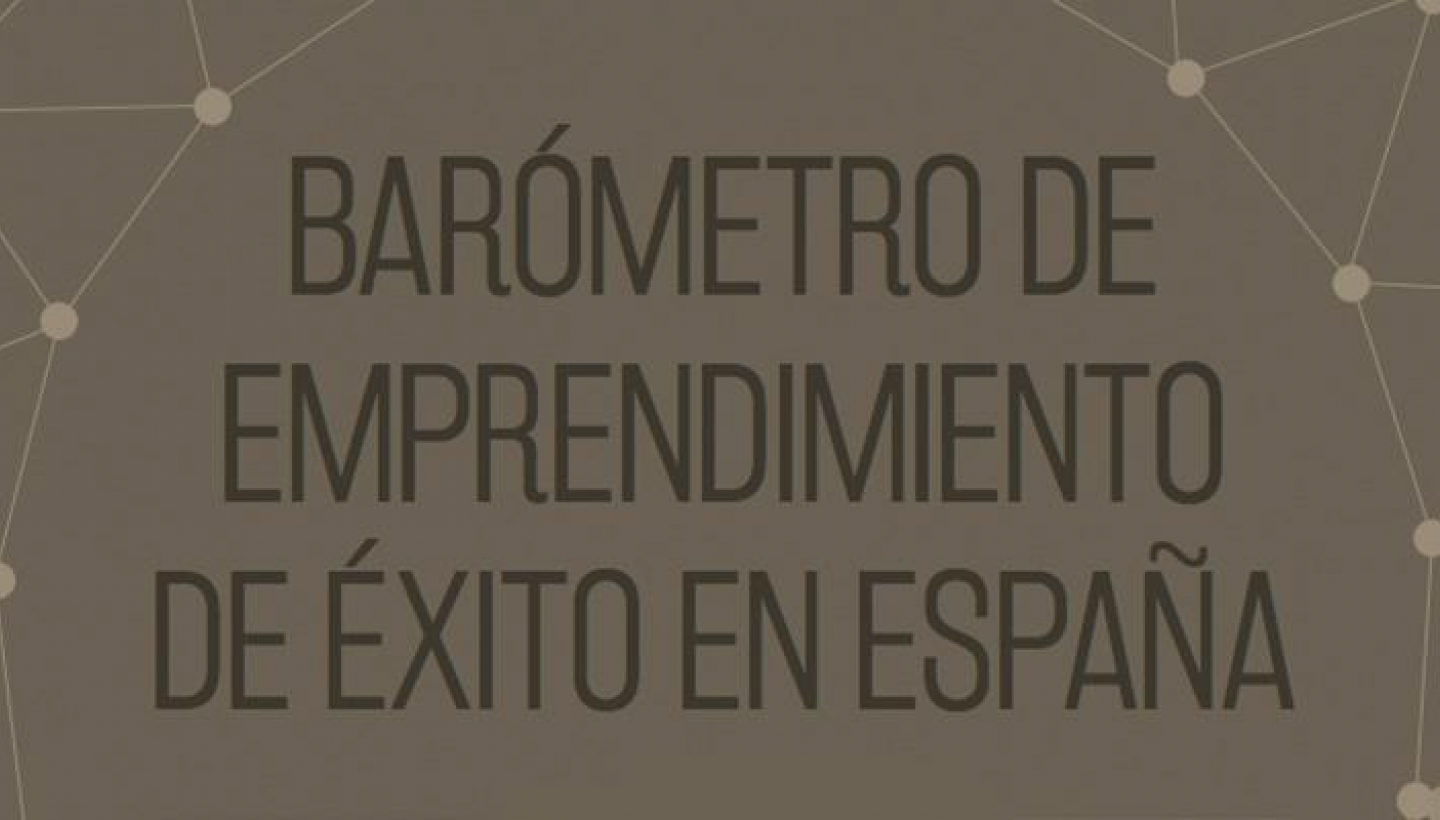The magazine we published at Opinno has produced a report using 110 profiles that have triumphed in the country to provide practical advice and breaking stereotypes
The magazine we published at Opinno has produced a report using 110 profiles that have triumphed in the country to provide practical advice and breaking stereotypes
The fame of people like Mark Zuckerberg and Bill Gates has contributed to that fact that more and more people consider that entrepreneurship is a sure path to success, an unrealistic expectation about what it really means to enterprise. Success in launching a new company is possible, as shown by the 110 profiles analysed by MIT Technology Review Spanish edition in its Successful venture in Spain Barometer report. However, it’s not all roses along the way.
The text, which has benefited from the collaboration of Chivas Regal, reveals the keys for success, the challenges and sacrifices of an entrepreneur, and provides a few tips for those who want to embark on this adventure. To collect this information, in addition to the 110 testimonies, the report has enjoyed the cooperation of other 14 experts in different areas of the sector and has drawn on literature to ensure data reliability.
"The reflections of the entrepreneurs interviewed should serve to demystify the success, bring it closer to society and enable more people to make a realistic decision on whether to enterprise or not," explains the director of MIT Technology Review Spanish edition published by Opinno, Pedro Moneo, who is also CEO of our company.
The first myth that this report breaks relates to the definition itself of success. Faced with the traditional view that tells us that success is directly related to the economic benefits, entrepreneurs today also try to have their own aims and contribute to society.
For the founder of El Ganso, Clemente Cebrián, who has been one of the 110 entrepreneurs interviewed by MIT Technology Review Spanish edition, "the definition of success is independent from economics". Clemente values the combination of the "triumph of the product and the feeling of watching an idea materialize into something that people can identify with."
The successful entrepreneur profile associated with the newly qualified young adults is another of the ideals the report defies. According to their findings, the most successful entrepreneurs in Spain are between 30 and 40 years old and have already gained previous experience in the world of entrepreneurship. Moreover, 56% of them have studied masters and doctorates.
The key factors
A highly trained entrepreneur that has a good idea is still not guaranteed success, according to the report's conclusions. As in other aspects of life, an optimistic attitude stimulates the chances of success. 76% of respondents consider that the economic crisis has had a more positive than negative impact on their project. For the author of the report, Daniel Medina, this data reveals the ability of successful entrepreneurs "to see opportunities in the problems has allowed them come through a period of difficulties".
Besides the qualities that the entrepreneur itself should have to succeed, there are a number of external elements, without which could mean complications for a business. 100% of respondents said, "having good employees is a key factor." So believes Parclick, founder, Luis Paris, who said, "socializing with other entrepreneurs has helped me at all times to improve my business model and find new opportunities."
Once the entrepreneur has trained mentally and has recruited those who will be part of his team, it's time to join the Spanish field. According to the report, Spanish entrepreneurs believe that the country suffers from obstacles such as the shortage of large customers, the lack of risk culture and large investment flows. These shortcomings come together in the financial field, as shown that 75% of respondents had to draw on their own resources to build their business.
But neither the lack of funding and bureaucratic obstacles have managed undermine the will of 99% respondents. Although they recognize that undertaking requires a 100% dedication, all of them would be willing to try again.
From the actual experience of people who have managed to advance their business ideas, the report can serve those who are interested in starting their own company to "acquire the skills and advice needed to be more likely to succeed in their projects," explains our steward of the report, Javier Iglesias.
"This type of information will be very useful so that those interested in creating their own businesses can have a realistic panorama" continues the consultant. From Opinno, as a promoter of entrepreneurship culture, we wanted to contribute through our publication MIT Technology Review Spanish edition, with this report to provide support to those interested so that they can increase their chances of success. Although there is no magic recipe, the tips and testimonials based on real experiences in the report provide a better idea of what it takes to successfully enterprise and the expectations that can adapt to the reality of the Spanish panorama.
You can download the report in this link



